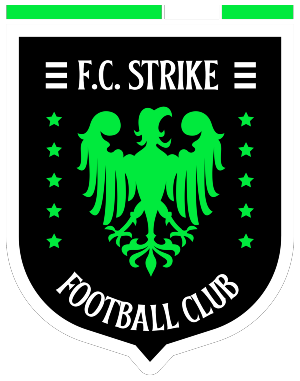Hello Team and Soccer Families,
Coach Mick here, and today we’re going to take a deeper dive into the strategic side of our beautiful game – understanding and reacting to different game situations. In soccer, the state of play can change in an instant, and it’s crucial for our young players to adapt quickly.
1. Reading the Game:
The first step to reacting appropriately to game situations is understanding them. This means paying attention to not only the ball but also the positions of teammates and opponents, the time remaining, and the current score. We encourage our players to think ahead and anticipate possible outcomes.
2. The Art of Decision Making:
Once our players understand the game situation, they have to decide how to respond. This could mean choosing to pass or shoot, deciding to hold their position or make a run, or knowing when to press an opponent or hold back. We continuously work on decision-making in training through various drills and game-like situations.
3. Communication is Key:
Good communication helps the team respond collectively to changing game situations. This might mean calling for a pass, instructing a teammate to mark an opponent, or alerting the team to a strategic change. We foster communication skills both on and off the field.
4. Staying Calm Under Pressure:
Game situations can often be stressful, especially when the game is close, or time is running out. We teach our players to stay calm and focused, reminding them that it’s just a game, and the goal is to learn and have fun.
5. Learning from Experience:
The best teacher of game situations is experience. Every game is an opportunity for our players to understand different game scenarios and improve their reactions. We always discuss the game afterwards to reinforce what we learned.
Understanding and reacting to different game situations is a skill that develops over time. With experience, our players will become more adept at reading the game and making smart decisions on the pitch.
Let’s keep encouraging our young athletes to think, communicate, and adapt on the field. These are skills that will not only make them better soccer players but also help them off the pitch in their everyday lives.
Until next time, keep learning, keep growing!
See you on the pitch!
Coach Mick

